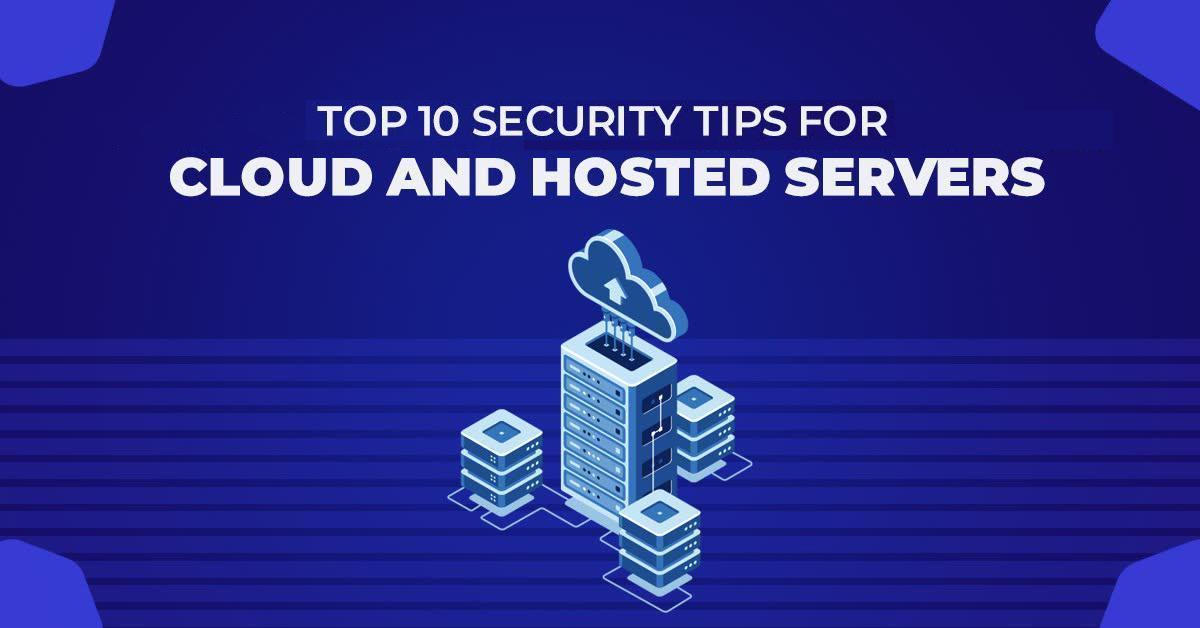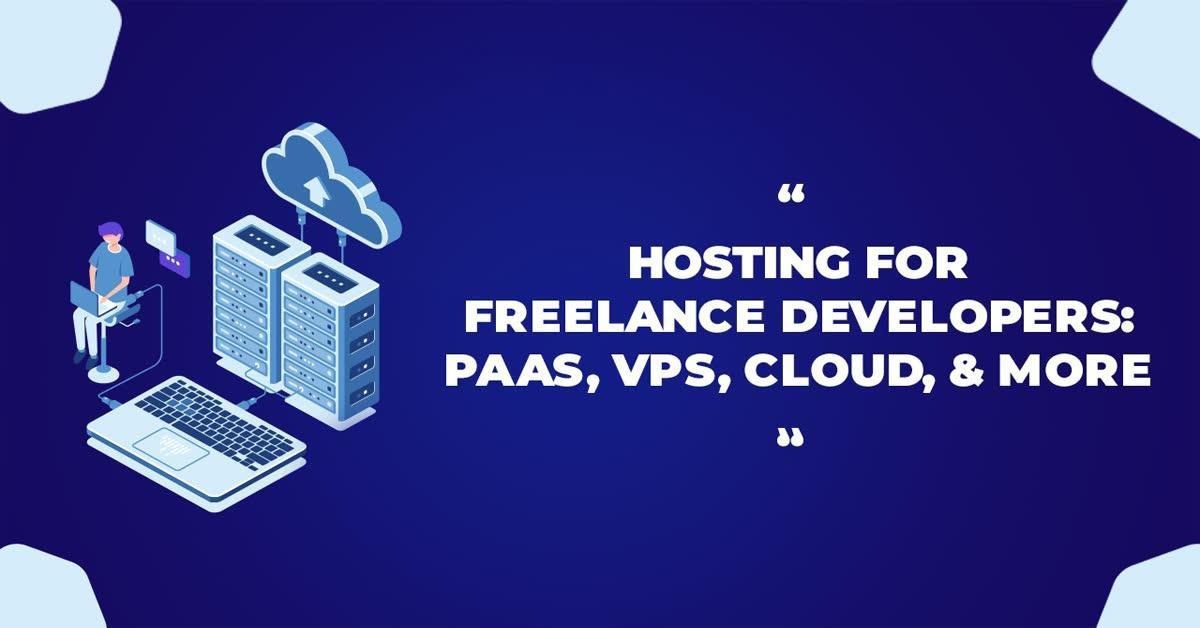Top 10 Security Tips For Cloud And Hosted Servers
“Security is preparing for what’s next, not for what was lost”. With numerous breaches happening every few seconds, it is a need for all the people out there to know about the various security measures that should be taken, in order to avoid breaches. Here are the top ten tips that should be followed in order to keep the cloud and hosted servers secure and safeguarded.
1. Backup
Just because all the data is stored in the cloud or any other hosting server in a secure manner, doesn’t mean that the clients should not back up the data somewhere else as well. Cloud and hosted servers can be compromised easily by several black hat hacker groups. Explicitly contracting for backup offerings is vital to absolutely have your statistics secured.
Information replication to multiple places, at the same time when other active operations are carried out, is mandatory. It is also necessary to maintain a local copy of all the data and information of an organization or a company. Backup is important to restore data after a catastrophic incident and they also ensure enterprise continuity in a smooth manner. Backup is considered to be one of the most important security measures.
2. Comprehensive User Policy
A Comprehensive user policy should possess strict guidelines that should be followed by the users. Comprehensive user policies might include:
- Not leaving the computer in an insecure manner. That is, do not leave company laptops in a public place without supervision.
- Do not leave the cloud services logged in at all times.
- Do not connect to unsecured public wifi when not on the premises of the office.
- The users should keep themselves updated on a regular basis regarding the different breaches that occur.
- The user should strictly follow the guidelines about when and where the company network must be accessed.
3. Strong Passwords
Complicated passwords are a necessity. There are certain requirements that when fulfilled, will generate a strong secure password. The requirements are;
- The length of the password should be at least eight characters.
- Passwords should be a mixture of alphabets and numbers.
- It is better to have special characters as well.
- Change the password at regular intervals.
Avoid using the names of pets and other people as passwords. Use a strong unique password that will be hard to crack for the hackers using automatic tools.
4. Two-Factor Authentication
To keep the accounts more secure, make use of Two-factor authentication mechanisms. One-time password (OTP), biometric authentication, and answering additional questions are all examples of Two-factor authentication.
Two-factor authentication is said to be time-consuming. But it is said that Two-factor authentication or multi-factor authentication is a great way to block unauthorized access from attackers. Reports from the year 2019 concluded that Two-factor authentication blocks almost 99.9% of automated attacks.
5. Encryption
There are two different ways through which Encryption can be carried out. The encryption process can be undertaken when data is stored in the cloud. In this Encryption method, the data is stored and remains encrypted. The other Encryption method happens when the data is transferred from the cloud.
The data is encrypted as it gets transferred from the cloud to the other destination. It is encouraged to carry out both methods of Encryption to keep the data extra safe and secure. Encryption using strong algorithms makes it impossible for hackers to gain access to those data.
6. Secure Communications
The dedicated or virtual hosting server communications should secure all communications. During a communication process, it should be made sure that both parties have secure communication channels. With the help of the service providers, secure communication protocols should be implemented.
7. Service Contracts
Service contracts should be framed without any misunderstanding statements. Service contracts should be read carefully before being signed. Service contracts must be detailed so that everyone will be able to understand who is responsible for what and what roles should each perform.
8. Testing Phase
The cloud and the hosting server should be constantly tested for vulnerabilities. This can be done by running several security scans, and carrying out penetrating testing and vulnerability assessments on a regular basis in order to keep the cloud and hosting server protected.
If any bugs or vulnerability is found they should be notified immediately so that respective teams can patch the vulnerability as soon as possible. With the help of the service provider, active assessments must be carried out. This process ensures that the hosting server and the cloud stay updated at all times.
9. Know Everything
Always keep an eye on the data. Make sure you know where the data you’re looking for is present. Be aware of the things your data can do and be updated on the ways the data should be protected and transported. You must also be aware of how it should be shared whether through emails or pen drives. Knowing your data and its system in and out is key to maintaining a safe and secure cloud or hosting server.
10. Control Access
Even the excellent cloud security may be effortlessly compromised by “bring Your very own device policies”. In case you are allowing employees to make use of mobile gadgets to get entry into cloud sources, through remote access it should be properly controlled using access controls measures.
As cloud management packages may be found in mobile versions, it is particularly necessary to ensure any tool authorized to run such programs is entirely managed and controlled by IT.
To Summarize
Though your data is hosted through hosting services or stored in a remote cloud, it is yours to take care of. Make sure to have security teams in place to guard your data at all costs. A security plan should always be in place and ready to be executed. These tips will help in maintaining a secure cloud and hosting service. Remember, securing your data is your responsibility and making sure you do it right.




































